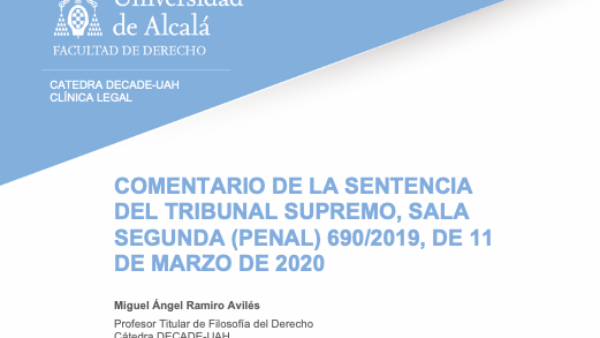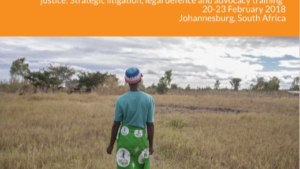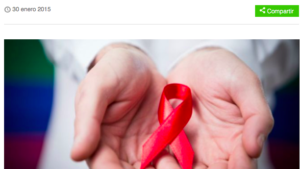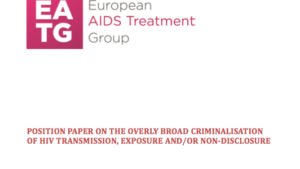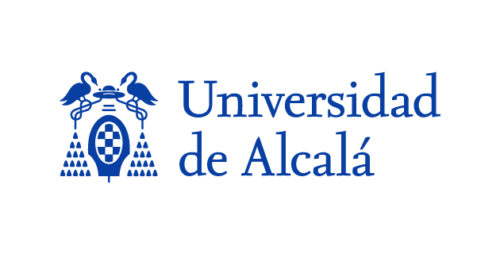Overview
Spain does not have an HIV-specific law, but people have been prosecuted or sued under both criminal and civil law in cases where HIV ‘exposure’ or transmission has been alleged. Conviction under the criminal law can result in a prison sentence and having to pay economic compensation, while under civil law, only economic compensation can result.
A 2015 analysis of Spanish cases that had reached Provincial or Supreme Courts (1996-2012) found that most cases of alleged HIV transmission had been decided through the criminal law system. (Two cases known to have been pursued using civil law are not included in the case count above). More detailed analysis of cases and trends is available in the 2015 article.
Cases have generally been prosecuted under the Criminal Code using articles related to causing injury: bodily harm (Article 147), grievous bodily harm (Article 149), reckless bodily harm (Article 152), and at least one case of reckless homicide (Article 142). Cases where it is held the defendant was aware of a high probability their actions would cause harm (dolus eventualis) have resulted in sentences comparable to those for acts done willfuly and consciously, rather than acts that are reckless or negligent.
Case law has established a number of defences to prosecution in Spain. Both use of condoms and having an undetectable viral load have been successfully used as a defence, although science has also been misinterpreted and misused in trials. Disclosure leading to consent has also been successfully used as a defence, and in April 2020, the Supreme Court upheld the decisions of two lower courts that an HIV-positive man should not be convicted of transmitting HIV because his female partner could have deduced/may have known that he had HIV, even though it was not expressly disclosed. Scientific evidence through virological and phylogenetic analysis has also been used to acquit where it was unable to clearly show that the accused was responsible for HIV transmission to the complainant (who was HIV-positive at the time of trial), such as in February 2024 where a woman accused of transmitting HIV to her partner was acquitted after virological evidence suggested that the defendant and accused had different HIV types. This, together with a lack of clarity around the circumstances of the relationship, meant there was not enough certainty to convict.
In addition, alleged sexual transmission of HIV is known to have been used to enhance sentencing in at least three cases (not included in the count above).
The criminal law has also been used to prosecute medical hepatitis C transmission, in a complex case involving an anaesthetist accused of transmitting hepatitis C to hundreds of patients.
Laws
Criminal Code
Article 147
1. Anyone who, by any means or procedure, causes another an injury that undermines bodily integrity or physical or mental health, will be punished, as a prisoner of crime of injury with the imprisonment of three months to three years or a fine of six to twelve months, provided that the injury objectively requires for its healing. In addition to a first optional assistance, medical or surgical treatment. Simple surveillance or optional follow-up of the course of the injury will not be considered medical treatment.
Article 149
1. Whoever causes another, by any means or procedure, the loss or uselessness of an organ or principal member, or of a sense, impotence, sterility, a serious deformity, or a serious somatic or psychic illness, will be punished with the prison sentence of six to 12 years.
Article 152
1. Whoever, due to serious negligence, causes any of the injuries provided for in the previous articles will be punished, in attention to the risk created and the result produced:
1. With a prison sentence of three to six months or a fine of six to eighteen months, in the case of the injuries of section 1 of article 147.
2. With a prison sentence of one to three years, in the case of the injuries of article 149.
Further resources
This article quantifies and characterizes existing legal complaints for the sexual transmission of HIV in Spain, describes temporal trends and whether advance of scientific knowledge is reflected in charging decisions, judicial reasoning, and sentences.
Decision from the Supreme Court dismissing the charges of aggravated injury as the court found there was “a reasonable doubt as to the ignorance of the complainant about the health status” of her ex-partner. The decision makesit clear that it is not solely up to the defendant to prove that they disclosed their HIV-positive status, as other factors can inform a court’s judgement about whether or not a complainant knew the accused was HIV-positive. The ruling should also make it more difficult for people to pursue vexatious or ‘revenge’ cases against ex-partners.
Commentary in Spanish by Professor Miguel Angel Ramiro Avilés, Legal Clinic Coordinator at the University of Alcalá, highlighting that the Spanish Supreme Court decision (see above resource) is an important step forward in the construction of a rights-based HIV response in Spain, permitting a defence based on the principle of dubio pro reo, and the constitutional guarantee of the presumption of innocence.
Acknowledgements
HIV Justice Network's Positive Destinations
Visit the Spain page on Positive Destinations for information on regulations that restrict entry, stay, and residency based on HIV-positive status, as well as access to HIV treatment for non-nationals.




